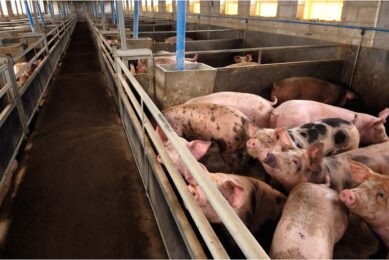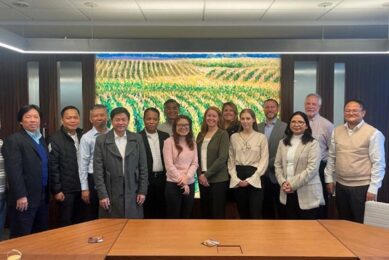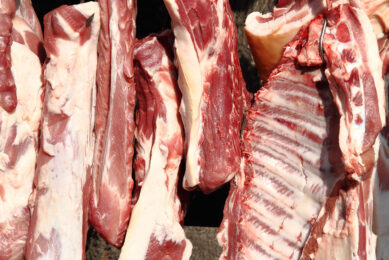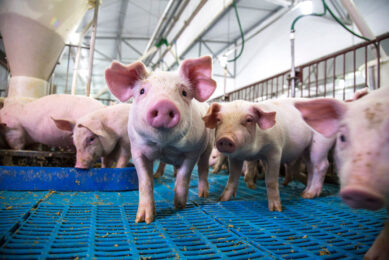This VACCINE® really works!
On a daily basis, journalists receive endless amounts of letters, e-mails, phone calls or web suggestions. Even pig journalists are no exception.
Often, requests are relatively harmless and most of the time easy to answer. Fields of interest vary sometimes, from some detailed knowledge on sow stall alternatives (question from Canada) to simply ‘tell me everything you know about pig production’ (Inner Mongolia).
Company news
It gets more complicated when messages reach my desk related to company news. The majority of companies would like to share their plant openings or latest products with Pig Progress and I feel the medium usually allocates space to subjects like these. Both online and in the magazine’s Business News section and show reviews, readers and users are kept updated on the industry’s latest innovations.
To top that all, when innovations are completely out-of-the-box – and present a concept that has never existed before – or at least not in the memory and vision of the editorial team, we even might turn attention to it in the shape of an article.
Practice
So far for the theory.
In practice, in press releases, all new plants are ‘state-of-the-art’; companies always are ‘world leading’; and every VACCINETM or ANIMAL FEED® is of course always ‘highly efficacious’ and ‘innovative’.
I understand companies like to promote their products – and I hope this makes you understand the role of a pig journalist a bit better. I prefer to tone down these articles, just to make texts more readable and more credible. I write about modern plants, prefer to place companies among the world’s larger ones, write products in lower cast without trade mark signs – and I assume innovative products are efficacious, otherwise they wouldn’t have been launched in the first place. Some data to support efficacy are welcomed, but in my perception this should be limited, not to overwhelm or even bore our readers.
And I aim to abide by these guidelines, as well as my job allows me to.
It is not a point of view that always goes down well at marketing departments of some industry companies, but it gives me a job. At least, I believed it did.
Web
I understand, however, more and more, that I may overestimate my role of journalist. Companies can get in touch with producers directly through the Web – so I sometimes wonder why still bother editing?
Is there, in 21st century journalism, still a role to play for selecting, toning down and filtering information – and putting these data in a more realistic context? Or should editors just put their feet up, and allow all pig-related information to come to you, readers, in uncontrolled quantities and qualities – and leave it up to you what and how much you’d like to read?
It may not come as a surprise to you that I strongly believe in the first role, as the question touches on the very right of existence of editors – being critical. That role, I feel, is essential to maintain PIG PROGRESS as the world-leading platform of excellence for the global pig industry…
Join 18,000+ subscribers
Subscribe to our newsletter to stay updated about all the need-to-know content in the pigsector, three times a week. Beheer
Beheer










 WP Admin
WP Admin  Bewerk bericht
Bewerk bericht